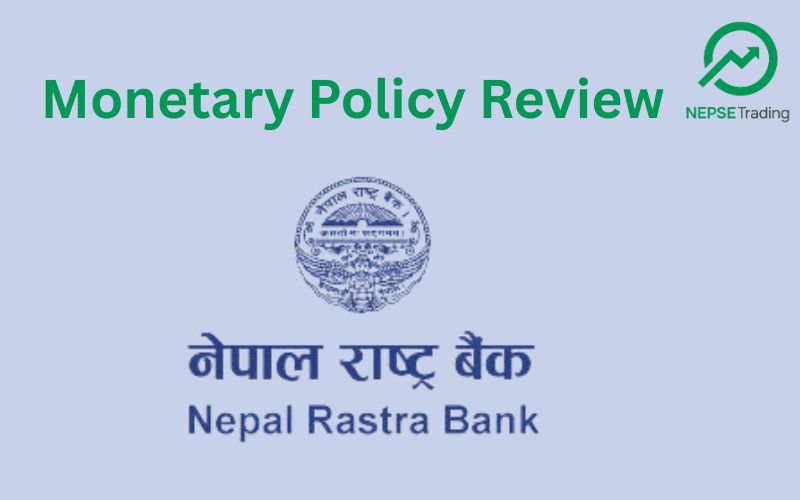By Sandeep Chaudhary
Nepal Rastra Bank Revises BFI Investment Rules – 6-Month Holding Period for Listed Shares

Nepal Rastra Bank (NRB) has announced a significant policy update through its Unified Directive 2082 (2025 AD), revising the investment holding rules for banks and financial institutions (BFIs). Under the new regulation, the previously mandated one-year holding period for investments in listed shares and debentures has been shortened to six months. This change is intended to give BFIs greater flexibility, stimulate capital market liquidity, and encourage more active institutional participation without sacrificing regulatory safeguards.
Under the revised rule, BFIs can now invest in securities of organized and listed institutions provided those investments are held for at least six months. The directive explicitly prohibits BFIs from making short-term speculative investments in such listed securities. For investments in unlisted companies, stricter rules remain: such investments must be listed within three years, or else the BFI must transfer an equivalent amount into an Investment Adjustment Fund, drawn from retained earnings, which cannot be used until the securities gain listing.
The reform also removes a prior restriction that allowed BFIs to sell only 20% of their paid-up capital worth of holdings per fiscal year. By doing so, NRB seeks to improve the operational flexibility of financial institutions in managing their investment portfolios. Analysts believe that this policy shift will boost institutional liquidity in NEPSE, encourage greater trading activity, and help make the stock market more dynamic and appealing to large investors.
While the shorter holding period opens doors for more agility, BFIs are still required to adhere to internal governance, prudent risk management, and full transparency. The change signals NRB’s attempt to balance market dynamism with financial stability — encouraging growth in the capital market while safeguarding institutional discipline.









